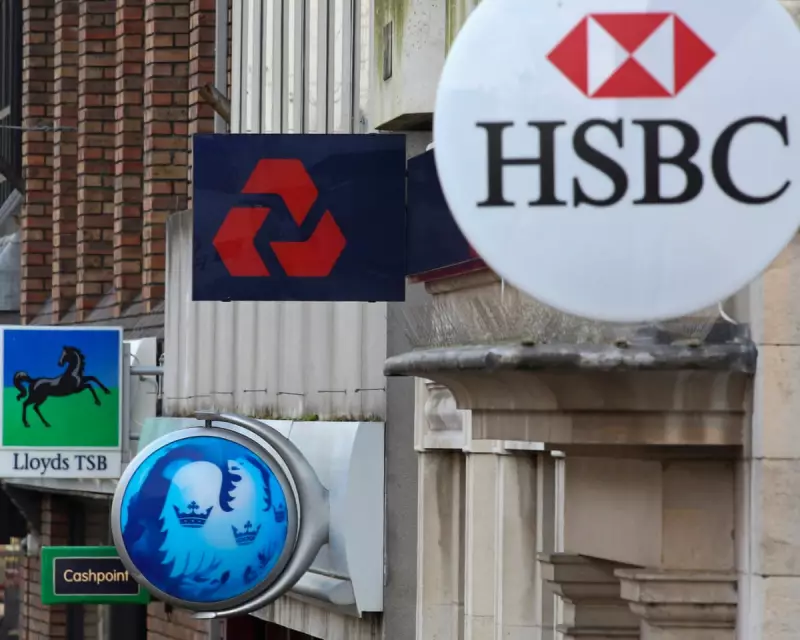
London's financial district was reeling on Friday as shares in Britain's major banks went into a tailspin, triggered by reports of a potential windfall tax targeting lender profits in the upcoming budget.
The mere suggestion of the tax sent shockwaves through the market, wiping billions off the value of the UK's most prominent financial institutions. The sector-wide sell-off highlighted investor jitters over the government's potential approach to the banking industry's robust earnings.
Market Reaction: A Bloodbath for Banking Stocks
The financial markets reacted with swift and severe punishment. Leading the decline was NatWest Group, whose shares plummeted by a staggering 8%, erasing a significant portion of its market capitalisation. High street stalwarts were not spared:
- Lloyds Banking Group saw its shares nosedive by over 6%.
- Barclays experienced a sharp drop of 5.5%.
- Even HSBC and Standard Chartered felt the ripple effects, falling 2.5% and 3.5% respectively.
This collective plunge dragged the entire FTSE 100 index down, demonstrating the heavy weighting and influence of the banking sector on the UK's premier stock market.
The Source of the Panic: A Leaked Proposal
The catalyst for the market turmoil was a report from The Guardian indicating that Chancellor Rachel Reeves has asked the Treasury to draw up options for a windfall tax specifically on banks. This move is reportedly part of a broader strategy to identify revenue-raising measures for the autumn budget.
The rationale behind the potential levy is the perception that banks are continuing to reap substantial benefits from the higher interest rate environment, resulting in profits that are significantly above their long-term averages.
A Sector Under Scrutiny
The banking industry has found itself in the political crosshairs due to its strong financial performance. While banks argue that they are a vital source of tax revenue and contribute significantly to the UK economy, politicians see an opportunity to fund public services without directly impacting the average taxpayer.
This is not the first time the sector has faced such threats. The mere speculation of a targeted tax has proven enough to spook investors, who fear a direct hit on profitability and future dividend payments.
As the government continues its budget preparations, all eyes will be on Westminster and the Treasury. The Chancellor must now weigh the potential multi-billion pound revenue from such a tax against the risk of destabilising a key pillar of the UK's financial ecosystem and spooking international investors. The autumn budget promises to be a pivotal moment for the future of UK banking.





